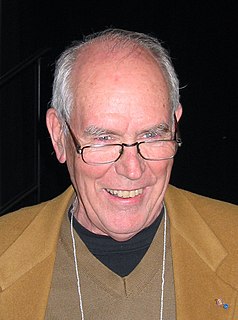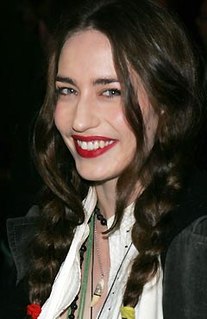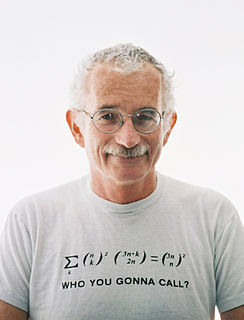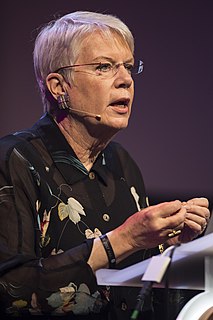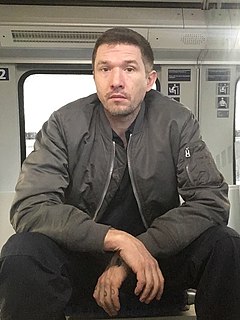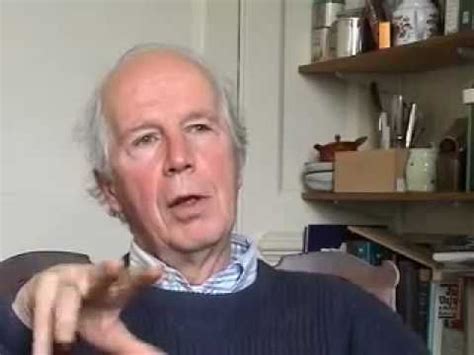A Quote by Ivan Sutherland
A display connected to a digital computer gives us a chance to gain familiarity with concepts not realizable in the physical world. It is a looking glass into a mathematical wonderland.
Related Quotes
I imagine that whenever the mind perceives a mathematical idea, it makes contact with Plato's world of mathematical concepts... When mathematicians communicate, this is made possible by each one having a direct route to truth, the consciousness of each being in a position to perceive mathematical truths directly, through the process of 'seeing'.
The burgeoning field of computer science has shifted our view of the physical world from that of a collection of interacting material particles to one of a seething network of information. In this way of looking at nature, the laws of physics are a form of software, or algorithm, while the material world-the hardware-plays the role of a gigantic computer.
The space that we're looking through is nine-dimensional. If you build a mathematical model, the amount of searching that we've done in 50 years is equivalent to scooping one 8-ounce glass out of the Earth's ocean, looking and seeing if you caught a fish. No, no fish in that glass? Well, I don't think you're going to conclude that there are no fish in the ocean. You just haven't searched very well yet. That's where we are.
We live in a glass-soaked civilization, but as for the bird in the Chinese proverb who finds it so difficult to discover air, the substance is almost invisible to us. To use a metaphor drawn from glass, it may be revealing for us to re-focus, to stop looking through glass, and let our eyes dwell on it for a moment to contemplate its wonder.
